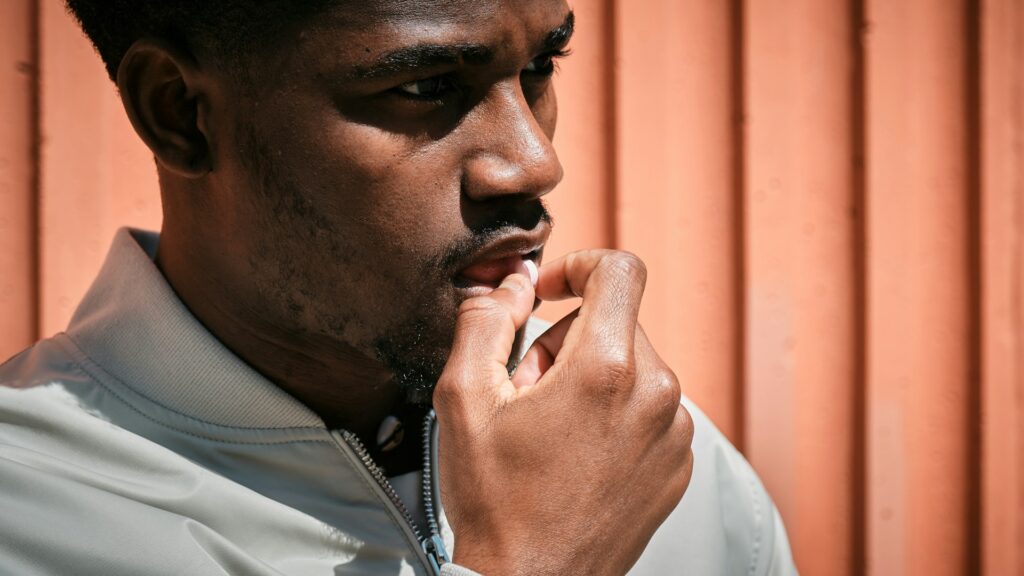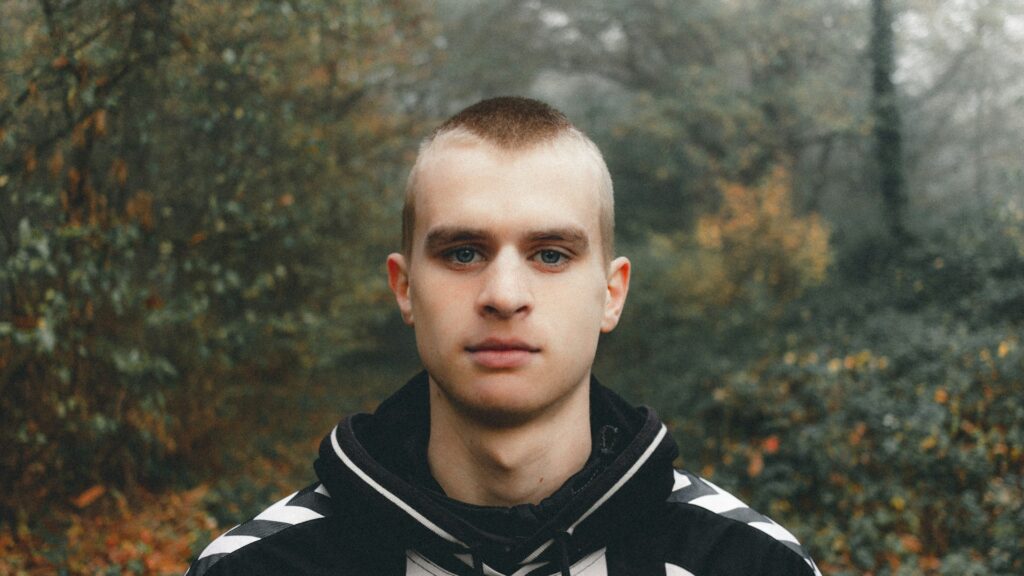Self-improvement sounds great in theory—who doesn’t want to be more productive, healthier, calmer, kinder, more successful?

However, somewhere along the way, “be your best self” turned into a 24/7 pressure to optimise every part of your life. Instead of growth feeling empowering, it starts to feel exhausting. Like you’re never quite enough. Then, even when you do improve, it’s still not satisfying because the goalposts keep moving. Here are some subtle but very real ways self-optimisation can wear you down, and why taking your foot off the gas might be the best thing you can do for your actual well-being.
1. You constantly feel like you’re behind, even when you’re doing fine.

When every podcast, post, and book tells you how to level up, it’s easy to feel like everyone else has a life you’re somehow missing. Even if things are objectively okay, they don’t feel like enough. You end up chasing some invisible version of yourself who’s always one step ahead. Of course, that finish line isn’t real—it just keeps moving every time you make progress. Unsurprisingly, that constant “not quite there yet” feeling quietly drains you.
2. Rest starts to feel like a personal failure.

If you’ve ever felt guilty for having a nap, scrolling without purpose, or spending a day doing nothing, you’ve felt the mental toll of self-optimisation. Rest stops being something you’re allowed to do and becomes something you feel like you have to earn. Even your downtime has to be productive, and that mindset is exhausting. It turns recovery into something else to manage rather than something that helps you feel whole again.
3. Every choice starts to feel high-stakes.

From what you eat to how you spend your evenings, you might start second-guessing even the smallest decisions. Is this the “best” use of your time? Is this helping you become a better version of you? That pressure makes you hyper-analytical about everything—and strips joy and spontaneity from your daily life. You’re not living, you’re curating—and it’s hard to breathe when everything feels like a self-development test.
4. You begin to measure your worth by your output.

When you’re stuck in the ‘better yourself’ loop, your accomplishments start to feel like proof you’re worth something. Your value becomes tied to how much you achieve, how disciplined you are, or how impressive you seem to other people. The problem is, it’s never sustainable. You’ll always need to achieve more just to feel okay. It becomes a cycle where self-worth is earned, not felt, and that’s a heavy load to carry.
5. You stop recognising what actually matters to you.

Trying to be your “best self” can lead you to follow advice that isn’t even aligned with your real values. You start doing what works for other people because it looks healthy or successful or wise, but it might not fit you at all. Soon you’re eating, working, sleeping, and socialising in ways that feel off, but you can’t figure out why. It’s easy to lose sight of what makes you feel grounded when you’re constantly chasing someone else’s idea of wholeness.
6. Joy gets replaced by self-monitoring.

Instead of being in the moment, you’re analysing it. “Did I show up well?” “Could I have handled that better?” “Was that a high-vibe interaction?” You start critiquing yourself mid-experience like an inner coach that never shuts up. Joy doesn’t thrive under a microscope. It comes when you’re messy, present, and not worried about growth for a minute. Over-monitoring turns life into a checklist, and it kills your ability to simply enjoy things.
7. You develop a low-key addiction to self-help.

It starts with a book or a podcast. Then it’s journaling prompts, courses, morning routines, and performance hacks. Before long, self-improvement becomes your hobby, your coping tool, and your identity. The thing is, more input doesn’t always mean more healing. Sometimes what you need isn’t another insight—it’s a break. Integration can’t happen if you’re constantly consuming. Growth needs space, not just strategy.
8. You struggle to celebrate how far you’ve come.

When the goal is constant evolution, milestones feel like pit stops, not victories. You barely acknowledge your progress before shifting focus to what still needs work. That “never enough” energy robs you of pride and presence. It tells your nervous system that you’re still falling short—even when you’re doing incredibly well. Slowing down to notice your growth isn’t laziness. It’s essential for self-trust.
9. You feel disconnected from people who aren’t on the same path.

When you’re deep into self-improvement, it can be easy to judge people who aren’t doing the same. Their choices feel frustrating. Their pace feels slow. Their struggles seem self-inflicted. That judgement might feel subtle, but it creates distance. Growth shouldn’t isolate you. If it’s real, it makes you more compassionate—not more performative or dismissive of people walking different paths.
10. You turn healing into a job.

You wake up thinking about what to journal. You track your moods like data. You reflect after every conflict. You’re not just trying to heal—you’re trying to heal efficiently, thoroughly, and with results. Of course, you can’t force emotional growth on a deadline. Healing is non-linear, messy, and often inconvenient. If it starts to feel like a second job, it might be time to let it breathe for a while.
11. Your inner critic just gets sneakier.

Instead of calling yourself lazy or useless, your inner critic now says things like “You could’ve handled that more mindfully,” or “A better version of you wouldn’t have reacted like that.” It sounds wiser, sure, but it’s still shaming you. Improvement isn’t supposed to come from punishment. When your inner dialogue is full of judgement wrapped in self-help language, it’s still pressure dressed up as progress.
12. You get exhausted by your own expectations.

The to-do list never ends. The goals keep growing. You tell yourself it’s all in service of growth, but deep down you’re just tired. No matter how much you achieve, it doesn’t give you the deep exhale you’re craving. That’s not failure—it’s a sign you’ve been holding yourself to impossible standards for too long. You don’t need more effort. You need rest, compassion, and a version of growth that includes breathing room.
13. You forget that being human is the goal, not being perfect.

At some point, the whole point of growth is to feel more like yourself—not to fix, perfect, or prove anything. You’re not a brand. You’re not a project. You’re a person—one who’s allowed to mess up, rest, laugh, change your mind, and not optimise every single hour of your life. The best version of you isn’t flawless. It’s real, and that version might just show up when you stop trying so hard to be something more.


